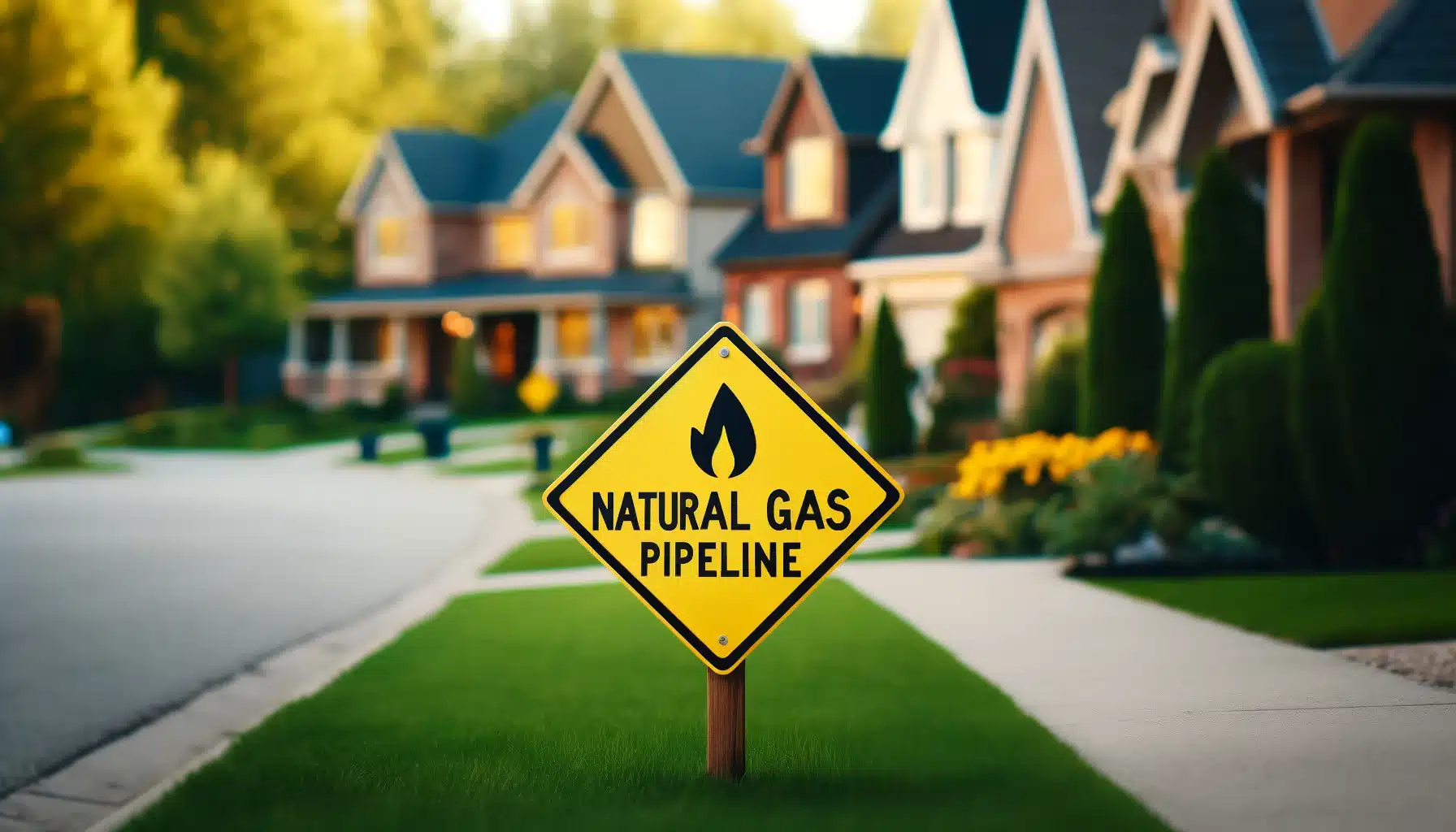- 0
From Negotiation to Compensation: Understanding the Process of Gas Pipeline Land Acquisition

Gas pipeline land acquisition involves a complex process that requires negotiation, legal expertise, and fair compensation for landowners. This article will delve into the various stages of land acquisition for gas pipelines, from negotiation to compensation, providing an in-depth understanding of the process.
The Negotiation Process
Initial Contact
- Gas pipeline companies will typically reach out to landowners to initiate the negotiation process.
- Landsmen or representatives will discuss the project, its benefits, and the proposed route with the landowners.
- This phase is crucial for establishing communication and building rapport with landowners.
Negotiation and Agreement
- During the negotiation process, landowners and pipeline companies will discuss terms such as easement agreements, compensation, and land use.
- Negotiations may involve multiple rounds of discussions to address concerns and reach a mutually beneficial agreement.
- Landowners may seek legal advice to ensure they are being fairly compensated and that their rights are protected.
Legal Aspects of Land Acquisition
Easement Agreements
- Easement agreements grant pipeline companies the right to use a portion of the land for the pipeline while the landowner retains ownership.
- These agreements outline the terms and conditions of land use, including access rights, maintenance responsibilities, and compensation details.
- Legal experts play a crucial role in drafting and reviewing easement agreements to ensure they are legally sound and protect the interests of both parties.
Regulatory Compliance
- Gas pipeline projects are subject to various regulations at the federal, state, and local levels.
- Compliance with environmental, safety, and land use regulations is essential for obtaining necessary permits and approvals for the project.
- Legal advisors help pipeline companies navigate the regulatory landscape and ensure compliance throughout the land acquisition process.
Compensation for Landowners
Fair Market Value
- Landowners are entitled to fair compensation for the use of their land for gas pipeline projects.
- Compensation is typically based on the fair market value of the land, considering factors such as location, size, and potential impact on property value.
- Appraisals and land surveys may be conducted to determine the fair market value of the land and establish a compensation amount.
Additional Compensation
- In addition to fair market value, landowners may be entitled to additional compensation for damages, loss of use, and inconvenience caused by the pipeline project.
- Compensation for damages to crops, trees, or structures on the land may also be included in the agreement between the landowner and the pipeline company.
- Legal advisors can help landowners negotiate for fair and comprehensive compensation that takes into account all potential impacts of the pipeline project.
Conclusion
Gas pipeline land acquisition is a multifaceted process that requires careful negotiation, legal expertise, and fair compensation for landowners. By understanding the various stages of land acquisition, from negotiation to compensation, both pipeline companies and landowners can navigate the process more effectively and reach mutually beneficial agreements.
